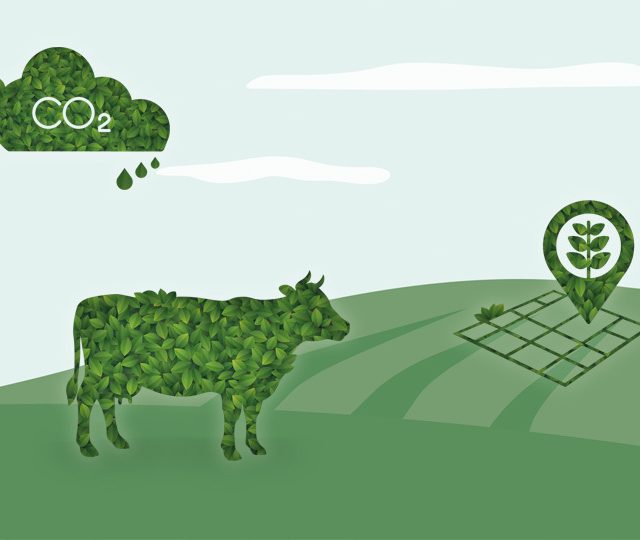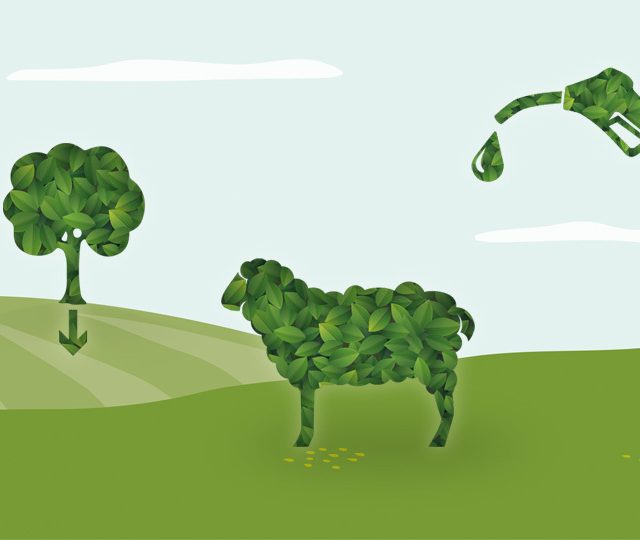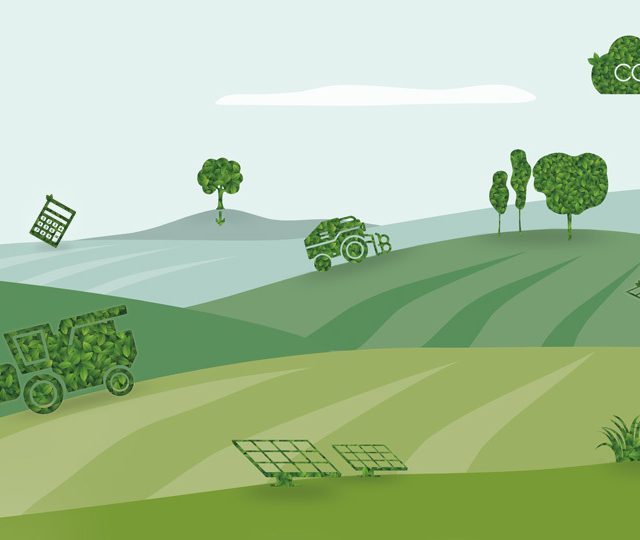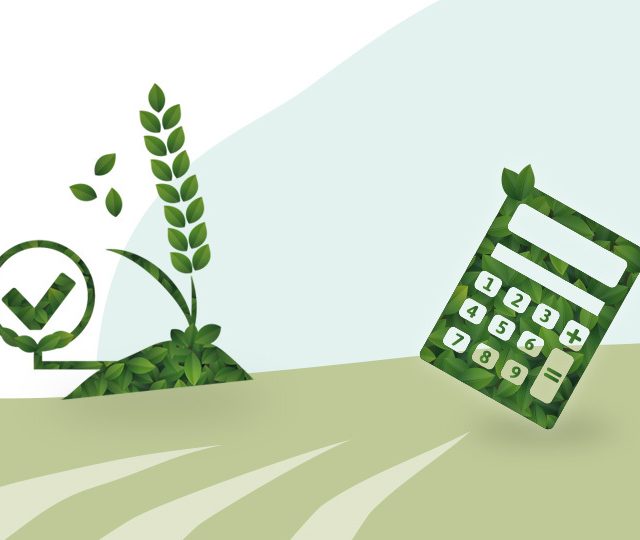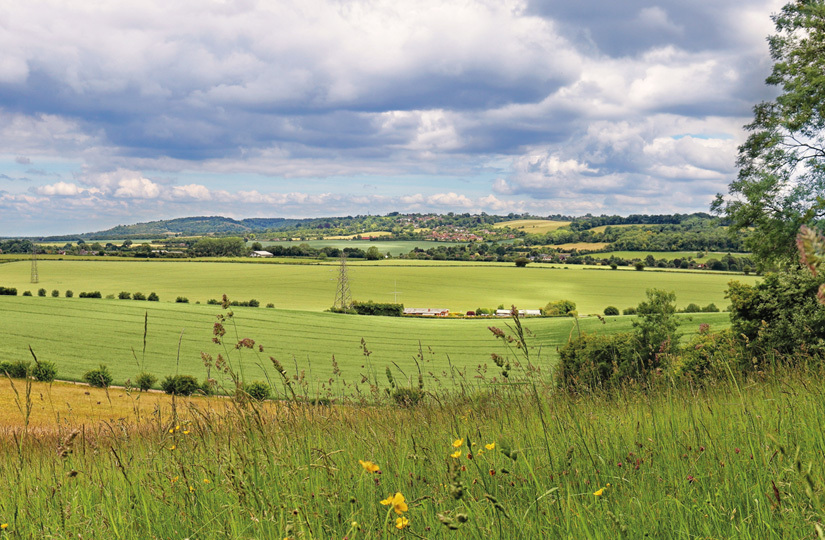
Land Business Insights – Piecing together the rural carbon jigsaw
It is now widely agreed that the climate change and biodiversity crisis facing the world is one of the most urgent issues of our time.
The effects of climate change are already being felt here in the UK, with rainfall patterns changing and extreme weather events such as heatwaves and droughts becoming more common.
Met Office data shows average global temperatures have risen by more than 1°C since the 1850s, with 2015, 2016, 2017 and 2018 the hottest years ever recorded. Since 1998, the UK has seen seven of the ten wettest years on record.
Heatwaves, like that of summer 2018, are now 30-times more likely to happen due to climate change.
Impact of net zero on farms and estates
The government has legally committed to the UK becoming net zero in terms of carbon emissions by 2050. This has significant implications for farms and estates because of the current level of greenhouse gas emissions associated with agriculture.
There is no escaping the fact that reducing the carbon footprint of the agricultural industry will be very challenging. If we follow the route map set out by the Committee on Climate Change it will require shifts in land use, which will lead to a structural change in the sector.
Landowners are being asked to consider this – and implement other changes in farm management practices – during a period when they are already facing uncertainty because of Brexit and changes to the agricultural policy framework.
It is clear from talking to clients that many are ready to take action to decarbonise their activities, seeing it as part of their personal responsibility to society as custodians of the countryside. There is a growing understanding that decision-making on farms and estates needs to account for the hidden costs of farming, such as emissions and biodiversity loss.
Action to reduce greenhouse gases
The 2020 Farm Practice Survey, carried out by Defra, found most farmers (85%) consider it to be good business practice to undertake action to reduce greenhouse gases and concern for the environment is a strong positive motivator (73%). However, many understandably have questions about how best to start to navigate this process and balance the need to run a profitable business with the need for change.
They want reassurance that emissions such as methane are and will continue to be measured fairly and accurately. They are worried about the risks of the UK achieving its climate targets by ‘exporting’ emissions to elsewhere in the world by importing food produced to lower standards from countries which may not have the same ambition to reduce their climate impact.
The following set of articles address the challenge that has been laid down to land managers and how they can start their journey towards measuring and improving their carbon footprint, while running resilient and successful businesses.
They are:
